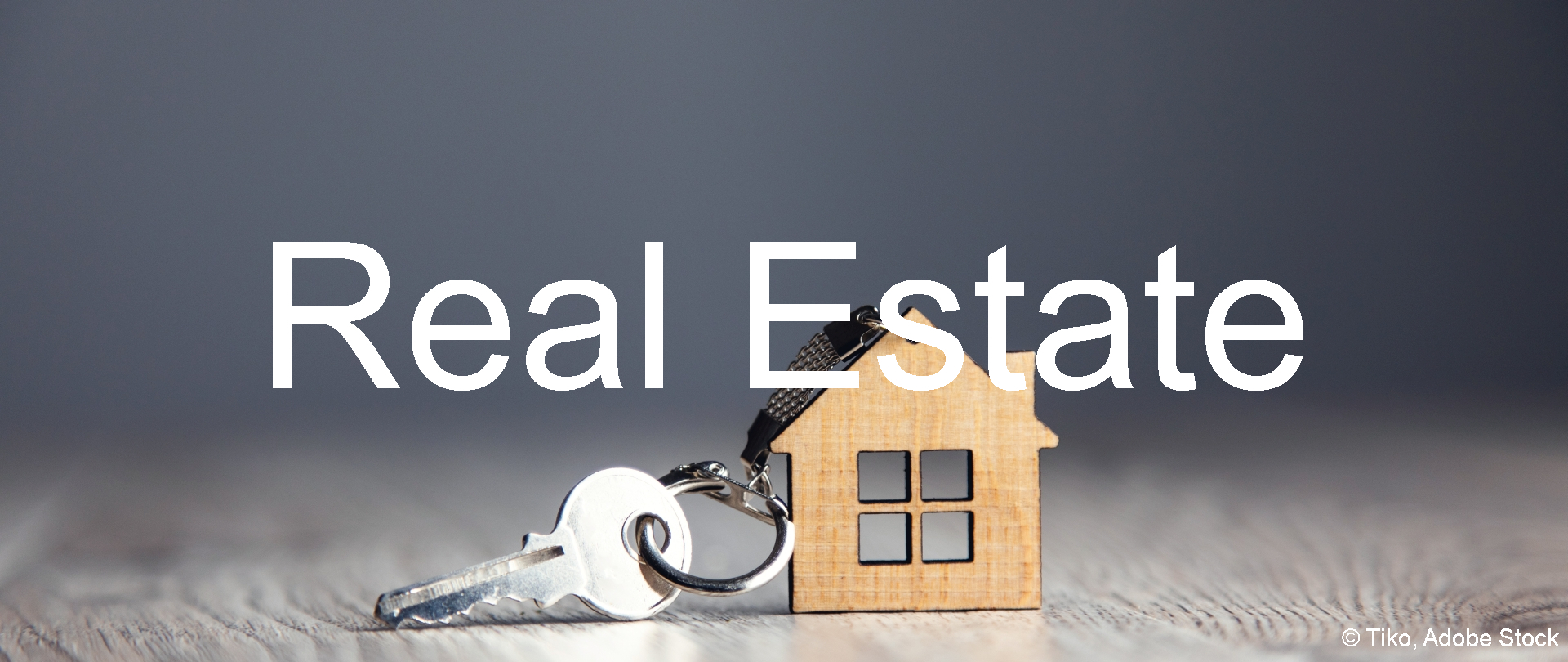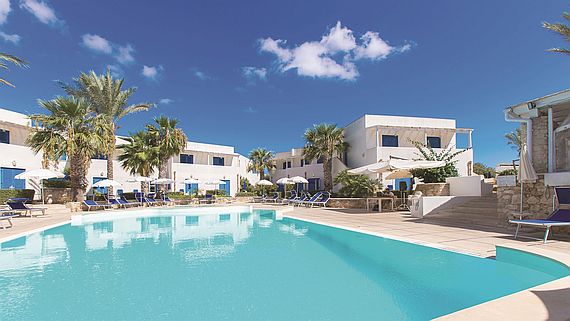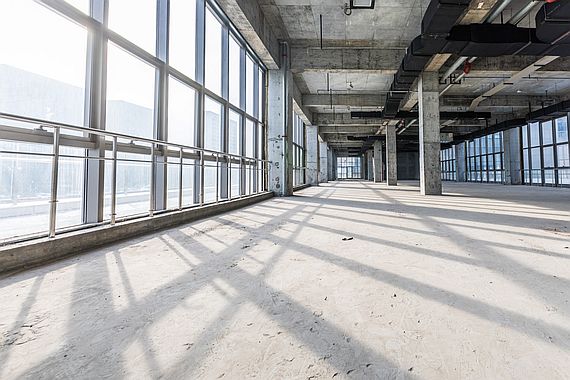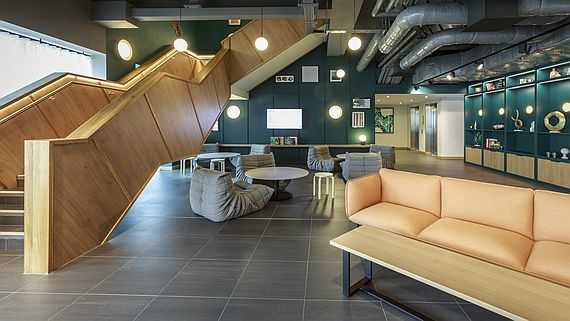
News & Stories
Cannes. The MIPIM visitors were definitely not in a celebratory mood. After multiple crises and war, now collapsing banks. But stormy times often bring new wind into well-worn structures. A look at France and the wide world of real estate investments. The hospitality sector could be seen in a positive light.
Pisa. After a buoyant first half of 2022, the Italian hospitality market slowed down significantly in the third and especially in the fourth quarter of the year, mainly due to price uncertainties. Many are waiting for better weather. Ray Lo Faso is not. The General Director of the Italian real estate company Bulgarella Group owns a hotel portfolio valued 350 million euros – and is committed to more in the hospitality segment.
Portsmouth. The total global construction pipeline stands at 14,267 projects, a 4% increase year-over-year, with about 2.3 million rooms. Only three of the seven world regions continue to have pipelines trending upward.
Geneva. Le Richemond, one of Geneva's historic 5-star hotels, has been sold for an undisclosed sum to the luxury conglomerate Dubai Holding, which owns Jumeirah. The landmark Hotel has seen various changes in operation throughout its history.
Vienna. In Austria, too, the Ukraine war and its consequences led to significantly fewer hotel transactions than predicted at the end of 2021. At over 400 million euros, the hotel investment volume nevertheless closed better than in the pandemic. The city hotel industry caught up, as did the number of foreign investors.
Madrid. In 2022, a total of 3.3 billion euros were invested in the Spanish hotel market – a figure which has only exceeded in 2017 and 2018 – with three quarters if this coming from abroad. The vacation sector has once again regained its leading position. And luxury remains popular.
Hamburg. Existing properties that change their use or restructure at least 30% of the building now fall into a new asset class of their own: Transformation Real Estate. In view of the new climate targets, they have the greatest chance of survival. If they are part of a mixed-use complex, that is. According to one study, this is the model investors trust most. Hotel experts should take note.
Paris. In the last two weeks, we have reported on the activities of two major Paris-based hotel owners, Extendam and publicly quoted Covivio. However, Luxembourg-based AccorInvest, the former property arm of Accor, has by far the biggest portfolio in Europe and probably the world, with 782 owned or leased hotels located in 27 countries, totaling more than 121,338 rooms. The exclusive agreement with Accor brands expires in December. From 2023, other chain franchisors could thus also fly their flag on AccorInvest properties.
Paris. The French capital city is the centre of the European hotel industry in more ways than one. Not only is it the location of the continent's biggest chain, Accor, but it is also the headquarter of Europe's biggest publicly quoted hotel owner: Covivio Hotels' portfolio added up to 325 hotels and 45,242 rooms at the end of last year, operated by 16 different groups. Now the French REIT plans to expand to other European countries.
Paris. The interest of French investment companies and owner-operators in other European markets is steadily increasing. Quietly but consistently, they are expanding their portfolios. Extendam has experienced rapid growth in recent years. The group was formed only about a decade ago and owned/operated 288 hotels at the end of June 2022. The company is Accor's biggest franchisee.






